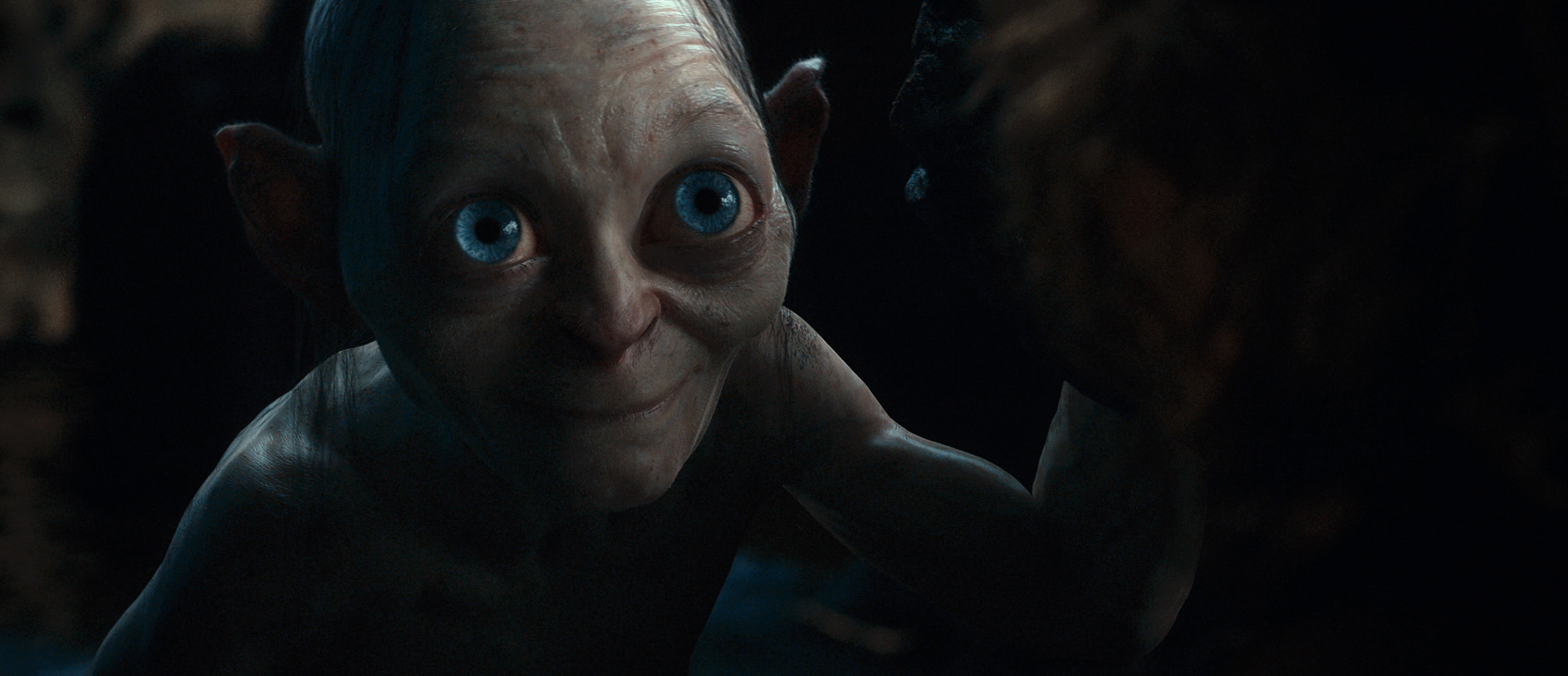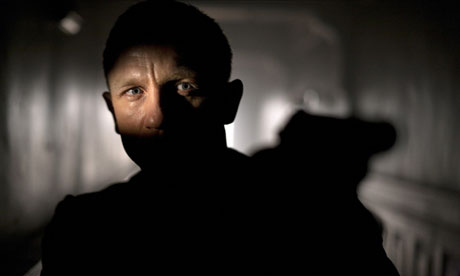I should think so — in these parts! We are plain quiet folk and have no use for adventures. Nasty disturbing uncomfortable things! Make you late for dinner!”

This is a story about a Hobbit, a homely, earthy creature who dwells in the sanctuary of the ground, enjoys his comforts and dislikes anything unexpected or unpredictable, particularly adventures.
The prelude to The Lord of the Rings trilogy enchanted and enlivened children and adults alike with its wholesome telling of a shy, stubborn protagonist (Bilbo Baggins) discovering his curiosity and courage, to break the shackles and security of the cosy humdrum and embark upon a path of potential danger and certain enterprise. He is to be transformed from homebody to burglar, accompanying a party of dwarves to reclaim their homeland and defeat the dragon Smaug, who guards their treasure.
It is this humble tale about an everyday hobbit that fortifies readers with a sense of bravery, purpose, courage, passion and strength, and it is this potent and powerful message, invigorating every page, which has now been translated onto the big screen by Peter Jackson.

Jackson has a wonderful way of capturing the world of the book – the aesthetic of a magic, forgotten era of community, plush abundance and perils, a world where enlightened elves, obnoxious orcs, wise wizards and dangerous dragons roam. Tolkien’s imagination reaches a crescendo with Jackson’s technological wizardry to breathe life into the dreamy, surreal Shire, the foreboding forests and the grim, sinister caves.

As a huge fan of the Lord of the Rings series, The Hobbit was most certainly lacking in certain areas. The sense of scope and magnanimity is lacking here, perhaps because of the nature and scale of this more intimate tale. The characters are not as instantaneously likeable as Frodo, Sam, Merry, Pippin, Aragorn et al. Rather than a Fellowship of different, unique characters, we are now faced with a troupe of dwarves who are similarly named and for the most part, similarly natured. They are neither as distinct nor as fleshed out as their LOTR counterparts.
Forever distinguished is Gandalf (the wonderful Ian McKellen) who is more frivolous and carefree this time around as the rebellious, lone-wolf wizard who has an uncanny knack for sweeping others up in his adventures. Elegant and etherereal as always, although somewhat unnecessary to the plot is Lady Galadrial, portrayed by the serene Cate Blanchett, Hugo Weaving lends tremendous placid presence to Elrond’s return, and Andy Serkis once again makes a remarkable return as the gruesome Gollum – a creature equal parts pitiable and terrifying, and hypnotic in his match of wits with Bilbo during the riddles game (I was just happy I managed to guess a few!). The stealer of the scenes is Martin Freeman, who captures Bilbo’s tweakes, twinges and eccentricieis perfectly, particularly his indecision, painstaking deliberation and the slow unfurling of the heroism within, perfectly personified by Ian Holm as the older Bilbo. Freeman proves himself a quick study when it comes to picking up the breadcrumbs lain by Holm and becoming his younger self.

This film is abundant with CGI, but the majority of it looks somewhat cheaper and lazier than that used in LOTR. Perhaps Jackson was using an alternate company or had to make savings somewhere, but the CGI tends to look a little obvious and deviates somewhat from the charisma of the story. Another thing I found lacking was the emotive, rousing score of the LOTR trilogy, which here is an echo of that. Despite the hodgepodge of characters, the at times gimmicky effects and the pacing of the story, which tends to languor lingeringly on unbearably at times without the aura or presence of leading characters, this is a film well worth watching for the simple fact that it is a moral story of the importance of being brave, loyal and true and because it encourages the most stodgy, stoic individual to have adventures and the most hopeless individual to have faith in the world, and in themselves and the most greedy, materialistic amongst us, to strive for selflessness and freedom. These messages are as essential and necessary today as they ever were and Tolkien fans will want to see how this one translates onto the big screen.
Tolkien's stories have a way of making you want to jump up out of your chair and go on an adventure, infused as you are with his fairy tales, mythology and indomitable faith in the human spirit. So why do we like his stories so much? Why do they live on? Maybe because in a world of cars, he shows us a world of horses and eagles, in a world of cities, he shows us a world of remarkable palaces and rural retreats and in a world of separation and consumerism, he shows us friendship and generosity.





